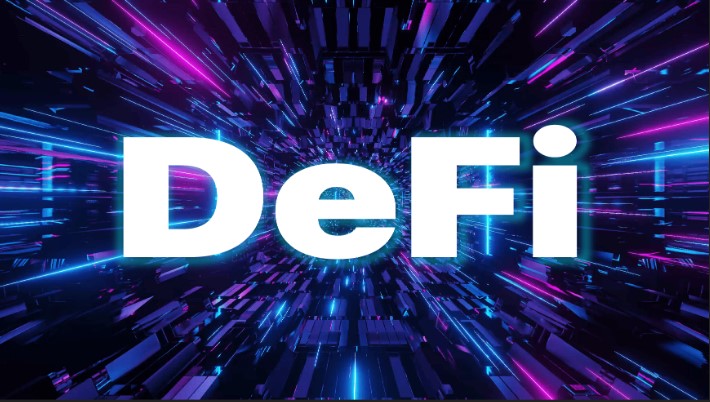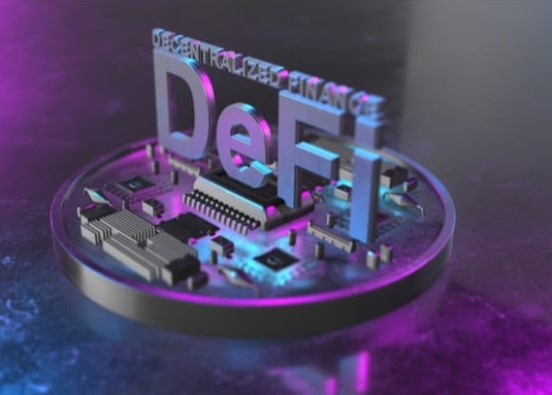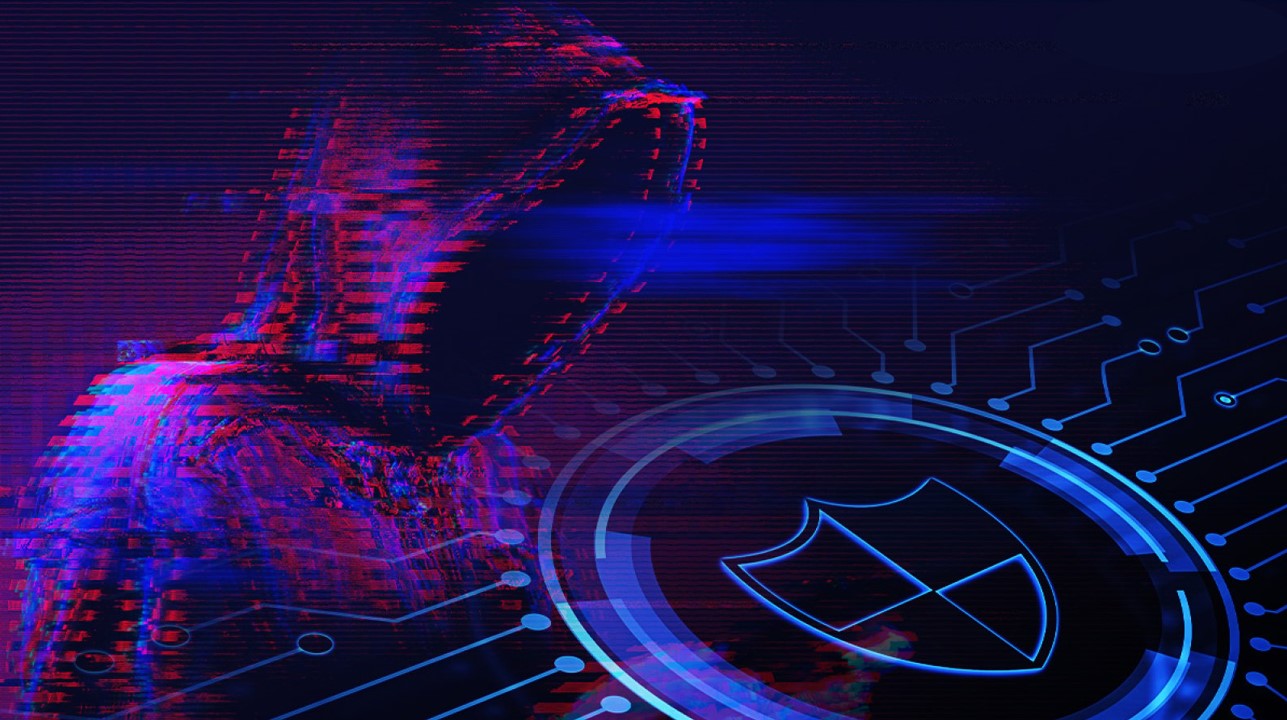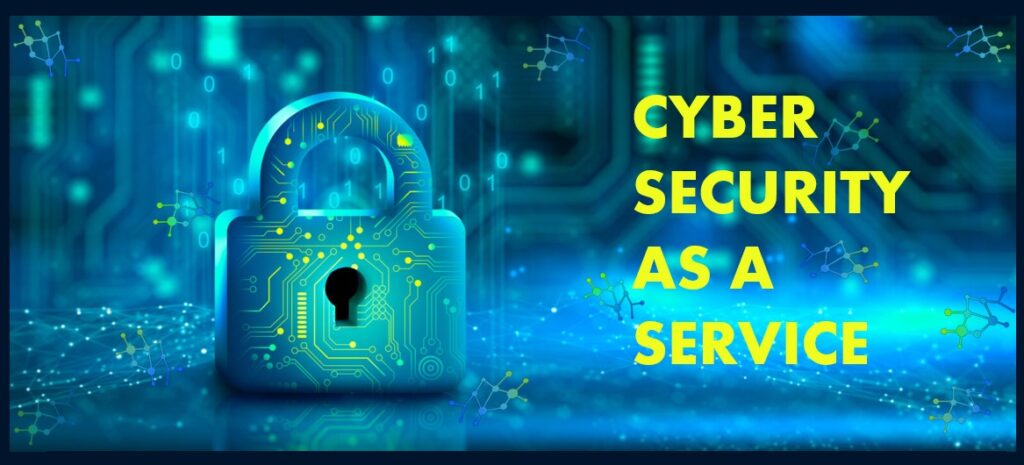DeFi Revolutionizing the Financial World
February 18, 2025

In recent years, the financial industry has seen a significant transformation, driven by blockchain technology and the rise of cryptocurrencies. One of the most exciting innovations within this space is Decentralized Finance (DeFi). But what exactly is DeFi, how does it work, and why should we care about it, especially from a cybersecurity perspective?
What is DeFi?
Decentralized Finance (DeFi) refers to a movement that seeks to recreate traditional financial systems and services—such as lending, borrowing, trading, insurance, and asset management—on decentralized platforms, using blockchain technology. Unlike the conventional financial systems that rely on centralized intermediaries (like banks, brokers, or insurance companies), DeFi operates on a decentralized network of computers, most commonly built on Ethereum, though other blockchain networks are also being used.
In a traditional financial system, third-party institutions handle transactions, maintain records, and ensure trust and security. In contrast, DeFi eliminates the need for these intermediaries by utilizing smart contracts—self-executing contracts with the terms of the agreement directly written into code. These smart contracts automate processes like lending, borrowing, and exchanging assets without the need for banks or other intermediaries.
Key Components of DeFi
- Smart Contracts: Smart contracts are the backbone of DeFi. These digital contracts automatically execute predefined actions when certain conditions are met. For example, a smart contract can automatically transfer assets when a loan is paid back or execute a trade on a decentralized exchange (DEX) when specific conditions are met. Because these contracts are on the blockchain, they are transparent, immutable, and cannot be altered once deployed.
- Decentralized Exchanges (DEXs): Traditional exchanges like the New York Stock Exchange or Binance rely on centralized control. DEXs, on the other hand, operate on decentralized networks, allowing users to trade cryptocurrencies and tokens directly with each other without relying on an intermediary. Popular DEX platforms include Uniswap, SushiSwap, and Curve Finance.
- Lending and Borrowing Platforms: DeFi platforms like Aave and Compound allow users to lend their assets to others and earn interest, or borrow assets by providing collateral. The terms and conditions of the loan are managed by smart contracts, which ensures a transparent, trustless process.
- Stablecoins: Stablecoins are cryptocurrencies designed to maintain a stable value by being pegged to a reserve asset, such as the US dollar. Examples include Tether (USDT) and USD Coin (USDC). These are used within DeFi to avoid the volatility typical of cryptocurrencies, making it easier for users to engage in lending, borrowing, and trading.
- Yield Farming and Staking: Yield farming refers to the process of earning rewards or interest by providing liquidity to a DeFi protocol. Similarly, staking involves locking up assets in a network to support operations like validating transactions, earning rewards in return. Both strategies allow users to maximize returns on their crypto holdings.

Why DeFi is So Disruptive
DeFi offers a new way to access financial services without relying on traditional banks or other financial institutions. It has the potential to:
- Increase financial inclusion: DeFi opens up financial services to people who are unbanked or underbanked, particularly in regions where traditional banking infrastructure is weak or non-existent.
- Reduce costs and increase efficiency: By removing intermediaries, DeFi transactions can be faster and cheaper. There’s no need for a bank to process payments, meaning lower fees and faster settlement times.
- Offer transparency and security: Blockchain’s transparent nature means that all transactions can be traced, and the use of smart contracts ensures that all terms are executed as agreed, with no possibility of human error or manipulation.
- Provide new financial products and services: DeFi opens up new avenues for financial innovation, including automated markets, prediction markets, and synthetic assets.
The Cybersecurity Challenges in DeFi
While DeFi promises to revolutionize the financial sector, it is not without its risks, especially in the realm of cybersecurity. Below are some key risks that users and developers need to be aware of:
- Smart Contract Vulnerabilities: Since DeFi heavily relies on smart contracts, any bugs or vulnerabilities in the code can lead to significant financial losses. If a smart contract contains a flaw, hackers may exploit it to siphon funds from DeFi platforms. For instance, in 2020, the bZx protocol suffered two hacks due to flaws in its smart contract, leading to losses of millions of dollars.
- Phishing Attacks and Scams: DeFi platforms, like any other online service, are susceptible to phishing attacks. Users may be tricked into entering their private keys or sensitive information into fraudulent websites or applications that appear legitimate. Additionally, there are scam tokens and fake DeFi platforms created to steal funds from unsuspecting investors.
- Flash Loan Attacks: Flash loans are a unique feature of DeFi that allows users to borrow funds without collateral, as long as the loan is repaid within the same transaction. While they are innovative, flash loans have been used to manipulate DeFi markets by exploiting vulnerabilities in protocols. In 2020, flash loan attacks accounted for several high-profile exploits, including the Harvest Finance hack, where attackers exploited a vulnerability in the platform’s price oracle system.
- Oracle Failures: Many DeFi platforms rely on external data providers, known as oracles, to provide real-time information (like asset prices) to the smart contracts. If an oracle is compromised or provides inaccurate data, it can result in incorrect transactions, leading to losses. A well-known example is the Value DeFi hack in 2020, where a vulnerability in an oracle was exploited to steal funds.
- Regulatory and Legal Concerns: DeFi operates in a largely unregulated space, which can pose risks for both users and developers. While the decentralized nature of DeFi offers freedom from centralized control, it also means there is no oversight or legal framework to protect users in case of fraud or loss. Regulatory authorities around the world are still trying to figure out how to approach the DeFi space.

How to Stay Safe in the DeFi Ecosystem
While DeFi offers numerous opportunities, it is important to approach it with caution and implement strong cybersecurity practices to minimize risks. Here are a few tips:
- Do your research: Before using any DeFi platform, thoroughly investigate its code, security audits, and reputation. Trustworthy platforms usually undergo security audits by reputable firms.
- Use hardware wallets: Always store your private keys in a hardware wallet instead of on exchanges or software wallets that could be vulnerable to hacks.
- Be wary of phishing scams: Never click on suspicious links or give out sensitive information. Always double-check URLs and verify the legitimacy of platforms.
- Diversify your investments: Don’t put all your assets into a single DeFi protocol. Diversifying can reduce the impact of any potential loss.
- Keep software up to date: Ensure that your devices, wallets, and apps are updated with the latest security patches.
Decentralized Finance (DeFi) is reshaping the financial landscape by offering an alternative to traditional banking systems, powered by blockchain technology and smart contracts. While DeFi has the potential to democratize finance and introduce novel financial products, it also presents unique cybersecurity challenges that must be carefully navigated. By understanding the risks and adopting best security practices, users can participate in DeFi with greater confidence, harnessing the benefits while safeguarding their assets.
As the DeFi ecosystem continues to grow, so too will the need for enhanced security measures and regulatory oversight. For now, it remains an exciting and evolving field, with plenty of opportunities for innovation and disruption in the financial world.
Have Any Question?
Call or email Cocha. We can help with your cybersecurity needs!
- (281) 607-0616
- info@cochatechnology.com




